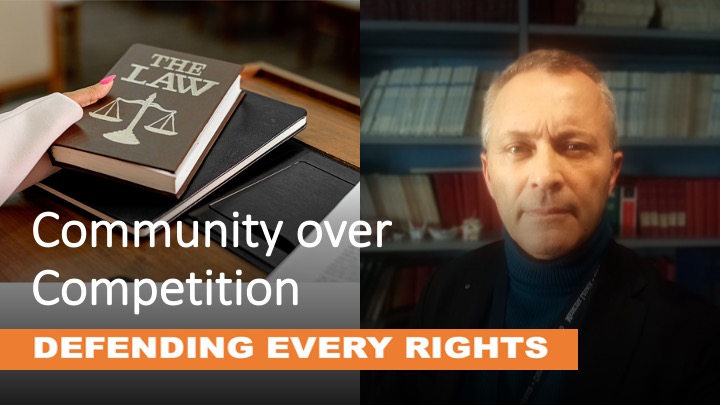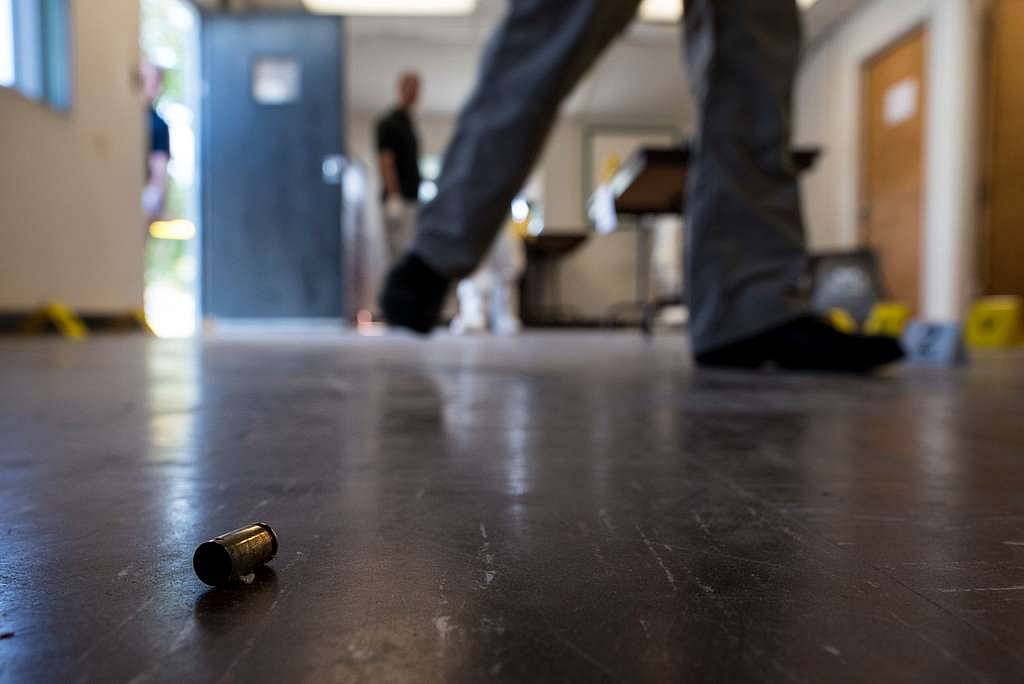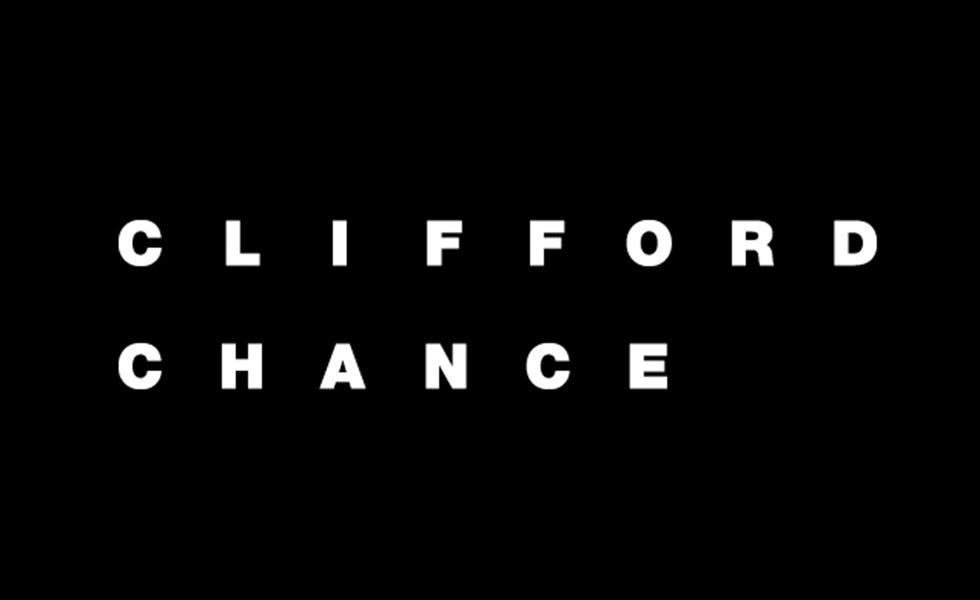Now Reading: The Crucial Role of Expert Witnesses in the Criminal Justice System: Differentiating Investigation, Charges, and Guilt, and Exploring the Distinction
-
01
The Crucial Role of Expert Witnesses in the Criminal Justice System: Differentiating Investigation, Charges, and Guilt, and Exploring the Distinction

The Crucial Role of Expert Witnesses in the Criminal Justice System: Differentiating Investigation, Charges, and Guilt, and Exploring the Distinction
It is important to clarify the distinctions between individuals who are being investigated, those who are charged, and those who are found guilty. Additionally, it is essential to differentiate between expert witnesses and forensic experts, highlighting the unique roles they play.
I am both an expert witness and a forensic odontologist, and I understand the challenges faced by those who are currently in confusion. I believe that one of the ways to overcome prejudice and confusion and truly fulfill an educational and developmental role for younger colleagues is to study law.
Expert witnesses play a pivotal role in presenting specialized knowledge and opinions in court. They are called upon to provide objective analysis and insights regarding complex issues related to a case. These experts do not advocate for either the prosecution or the defense but instead act as unbiased sources of information. Their purpose is to assist the court in understanding technical or scientific evidence, providing clarity, and facilitating informed decision-making. Being investigated signifies that a person is under scrutiny by law enforcement agencies to determine their potential involvement in a crime or illicit action. It is a preliminary stage where evidence is gathered and evaluated to establish whether there are sufficient grounds for charging an individual with an illicit action.
When someone is charged, it means that law enforcement authorities have formally accused them of committing a crime. At this stage, the case proceeds to the judicial system, and the accused individual becomes a defendant in a criminal trial. The role of expert witnesses becomes crucial during the trial, where they provide their specialized knowledge to assist the court in understanding complex evidence and issues pertinent to the case.
Today it has become very clear that expert witnesses, with juridic and not only forensic knowledge, differ from forensic experts. While expert witnesses provide opinions and testimony respecting the procedural rules of a fair trial and the presumption of innocence until proven guilty, forensic experts specialize in applying scientific techniques and methodologies to analyze and interpret physical evidence. Forensic experts, such as forensic pathologists and forensic odontologists, focus on examining evidence such as DNA, fingerprints, Dental Data, or autopsy reports, and providing scientific findings to support the investigation or prosecution of a crime.
Expert witnesses provide unbiased insights and specialized knowledge to assist the court in understanding complex issues during a trial. They are distinct from forensic experts who apply scientific methodologies to analyze physical evidence. Understanding these differences is crucial in appreciating the unique roles and values that expert witnesses and forensic experts play in the criminal justice system.
Author:
Prof. Emilio Nuzzolese, DDS, LLB, MSc, PhD
Medico-Odontoiatra Forense, Associato di Medicina Legale,
Forensic Odontologist, Associate Professor of Forensic Medicine,
Head of Human Identification and Forensic Odontology Laboratory.
Department of Public Health and Pediatric Sciences, University of Turin










